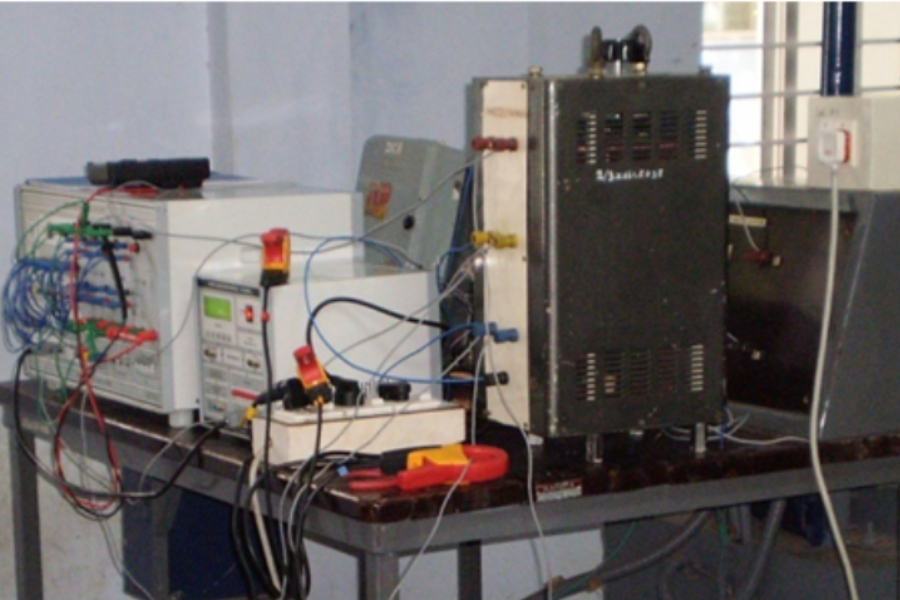Neurology: Epilepsy, Spatial Events and Models
With Dr. Anand Kumar, Dr. Siby Gopinath, and Dr. Harilal Parasuram from the School of Medicine, we are exploring the possibility of understanding the mechanisms involved in the processing of Spatio-temporal events in the brain and how these information-based tools can be used to help patients with neurological disorders. In a recently published paper (Parasuram et al., 2021), we have looked into the epileptogenicity index (EI) which computationally estimates the epileptogenicity of brain structures based on the temporal domain parameters and magnitude of ictal discharges. Methods like ER can improve the accuracy of epileptogenic zone localization for brain resection and increase the precision of minimally invasive surgery techniques by identifying the epileptic hubs where the lesion is extensive or in non-lesional cases.






